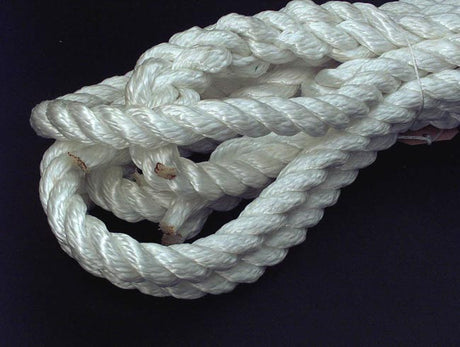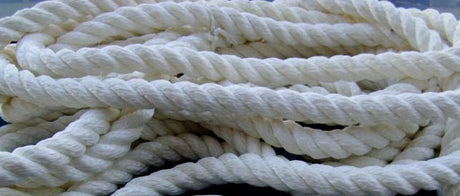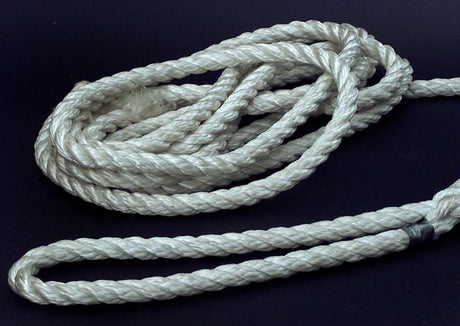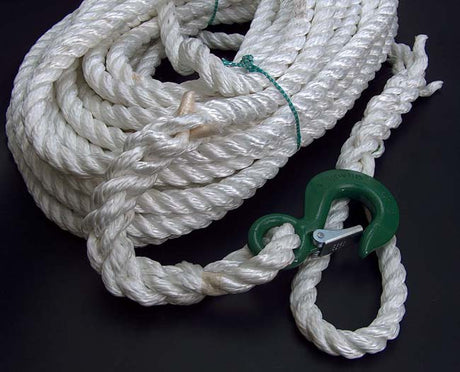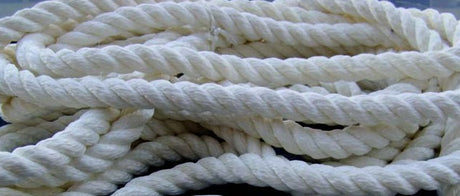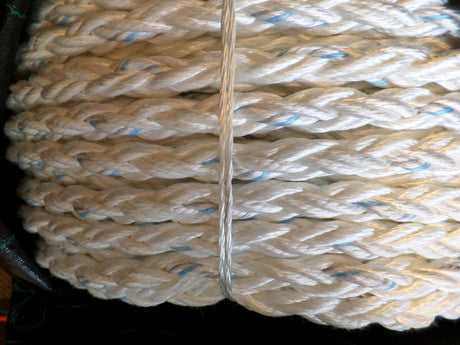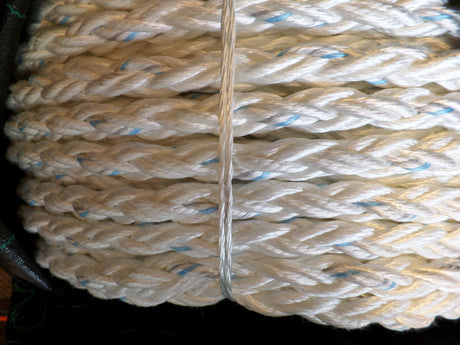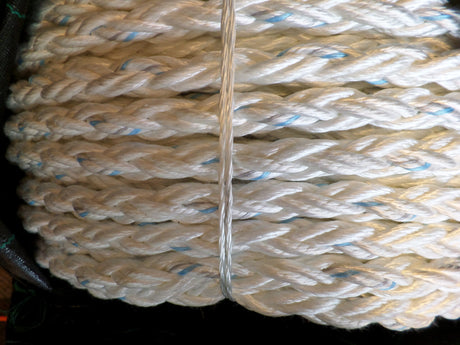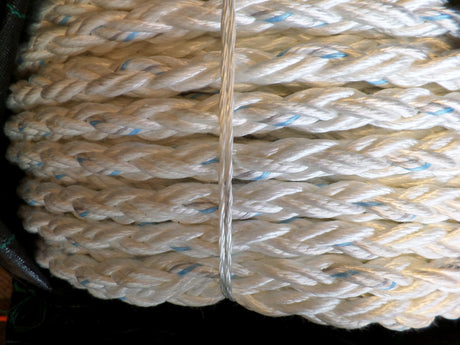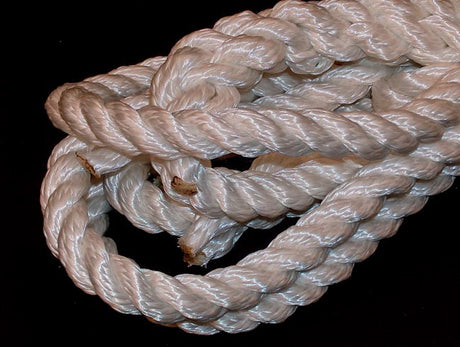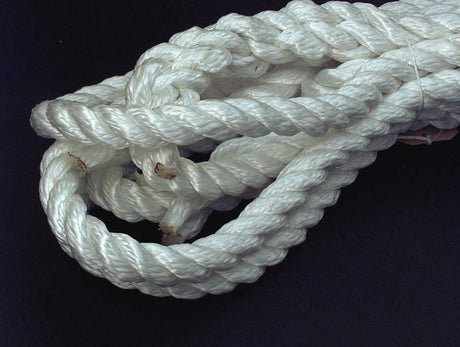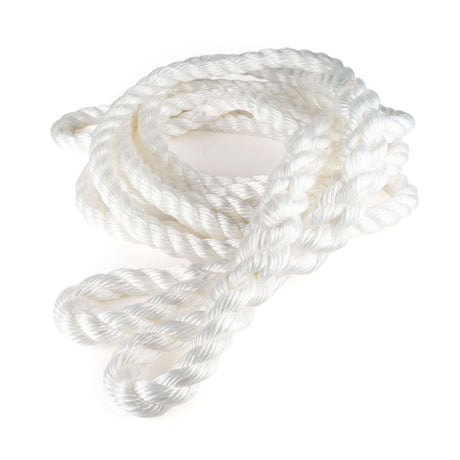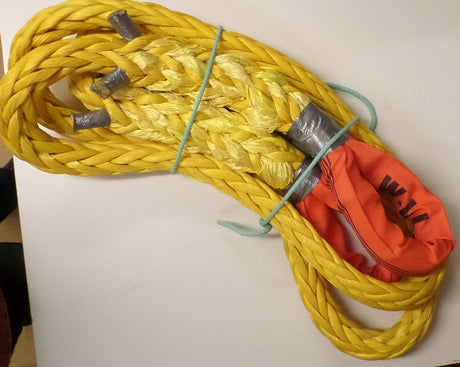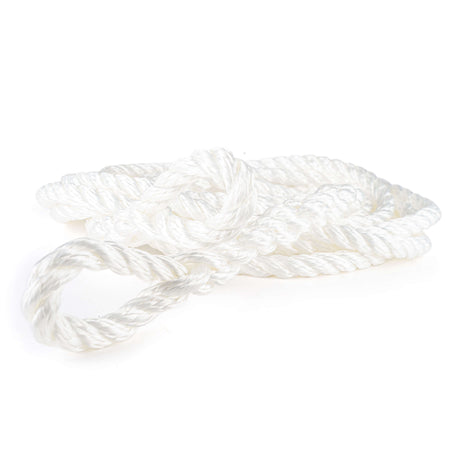Prorope
Opruiming! Composiet touw - 8 strengen geslagen - 20 mm dik - breuk MBL 9.18 TON
Reguliere prijs Van €6,50 EUREenheid prijs /Niet beschikbaarProrope
Sleepkabel voor de 4x4 sport - Composiet touw - breeksterkte 14.000 kg
Reguliere prijs Van €78,00 EUREenheid prijs /Niet beschikbaarProrope
Kinetische sleepkabel 4x4 -zeer slijtvast met van breeksterkte 24.000 kg in diverse lengtes
Reguliere prijs Van €121,00 EUREenheid prijs /Niet beschikbaarProrope
Sleepkabel 4x4 sport - Composiet touw - breeksterkte 11.000 kg
Reguliere prijs Van €62,50 EUREenheid prijs /Niet beschikbaarProrope
Kinetisch sleeptouw - 24 mm - 9 meter - 10.600 kg breeksterkte
Reguliere prijs €85,00 EUREenheid prijs /Niet beschikbaarProrope
Autosleepkabel - kinetisch - 5 meter - 3500 kg breeksterkte
Reguliere prijs €27,25 EUREenheid prijs /Niet beschikbaar


